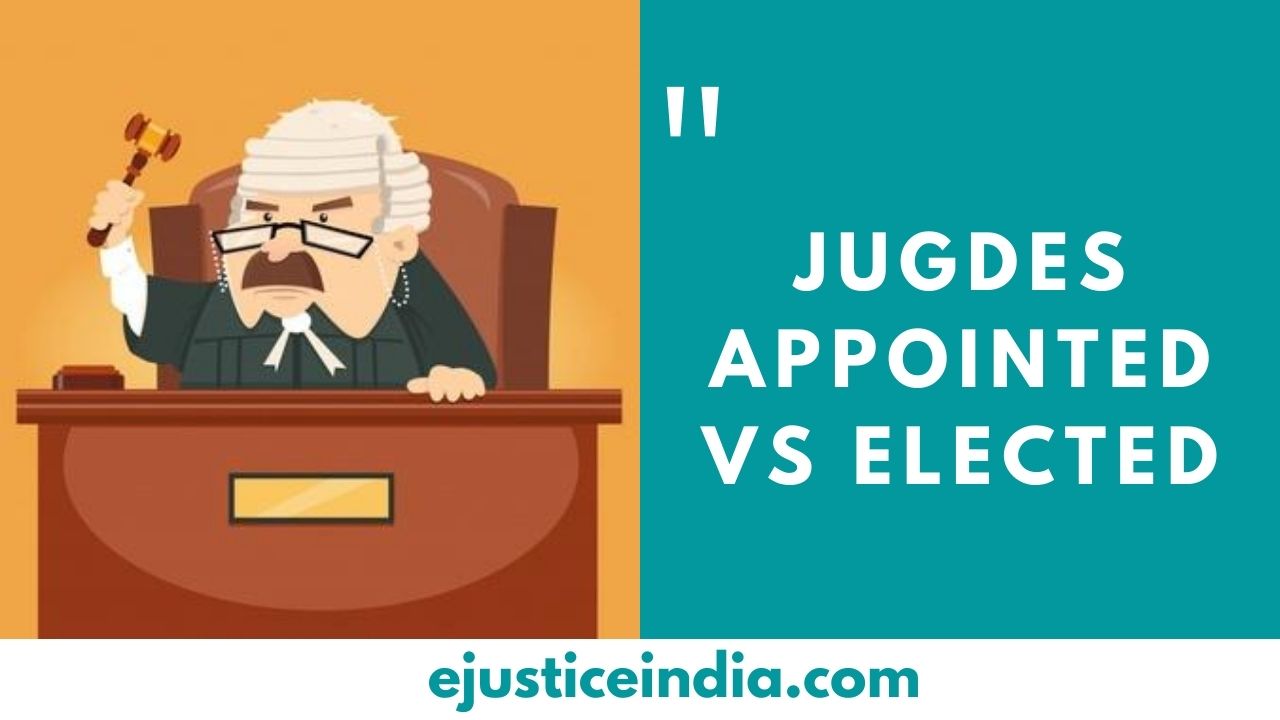HEALTH INFRASTRUCTURE IN LIGHT OF CURRENT PANDEMIC
Author: Raunak Raj
INTRODUCTION
The major challenge for India is the lack of awareness among people about vital issues regarding their health condition due to lack of access to healthcare. This problem can be eradicated by conducting health awareness camps in rural villages, by introducing a national health awareness program as a curriculum in schools. India has a poor population due to which they aren’t able to afford the cost of healthcare. The most important aspect for providing effective health service is vibrant policymaking. The government should focus on encouraging capacity creation on the supply side. There is a need for a uniform pricing system for various health interventions, including treatment and medicines. Essential medicines should be made affordable to the poor without compromising the quality of the medicine produced.
The world’s largest healthcare scheme “Ayushman Bharat” in 2018 is a flagship programme which covers hospital cost of up to 5 lakhs a year for more than 45% of India’s most vulnerable group of people. India still needs to revamp its public sector healthcare system to perceive as being reliable and being the first choice for the majority of the population. India needs to revamp its health sector by having better infrastructure, qualified doctors and nurses. Infrastructure here includes proper hospitals equipped with all facilities and modern equipment, proper communication equipment.
India faces severe financial shortage and manpower mainly in rural areas. There is only one government-run hospital for 90000 people in India which is quite alarming. The three A’s which India’s health system faces today are “access, affordability, and accountability.” Government should increase the supply of doctors and nurses, especially in rural areas. This can be achieved by providing training to physicians and health workers and making one year of rural internship mandatory for MBBS graduates. Though India is blessed with dynamic pharmaceutical, world renowned doctors, being the world’s largest vaccine manufacturer, it should treat its citizen more efficiently. But big pharmacy companies only produce drugs that are profitable for them and the essential medicines are neglected. Government should come out with financial allocations, regulate the sale of drugs, enhance the use of technology in healthcare, specialised hospitals, provide rural connectivity, provide health awareness, health care waste management programme.
Health care provides healthy life and protects one from dangerous diseases but what about the waste which is generated during the treatment. Health care waste management is essential because as per World Health Organization 15% of total waste is hazardous that may cause infection, it may be toxic. Needles and syringes should be properly disposed of. It contains harmful microorganism that can infect frontline health workers, patients, and even the general public and the impact it causes on the environment. The disposal of health care waste in landfills can lead to contamination of drinking and groundwater. This can cause another serious threat for the entire nation. Due to Covid number of infected PPE kits, gloves, used masks needs to be disposed of which has posed a new challenge before the authorities. Central Pollution Control Board has issued different guidelines for handling, treatment and disposal of PPE kits, which again authorities involved and the public need to be aware of. WHO has recommended building a comprehensive system, developing series of training modules on good practice in health care waste management for safe disposal of the waste material.
The Indian government is now better informed about how to deal with the menace and is leaving no stone unturned in its effort to fight against the pandemic.
RECOMMENDATIONS
- The retirement age for government practitioner should be removed and they should be encouraged for undertaking medical research.
- Preventive healthcare mechanism and mass awareness should be developed. Skill training should be provided to young doctors and medical staff.
- Policy to put a control on the price of essential drugs should be framed by consulting and getting inputs from all the stakeholders. Government should open a chain of retail pharmacies that would provide essential medicines at very low prices.
- National health waste management should be introduced.


